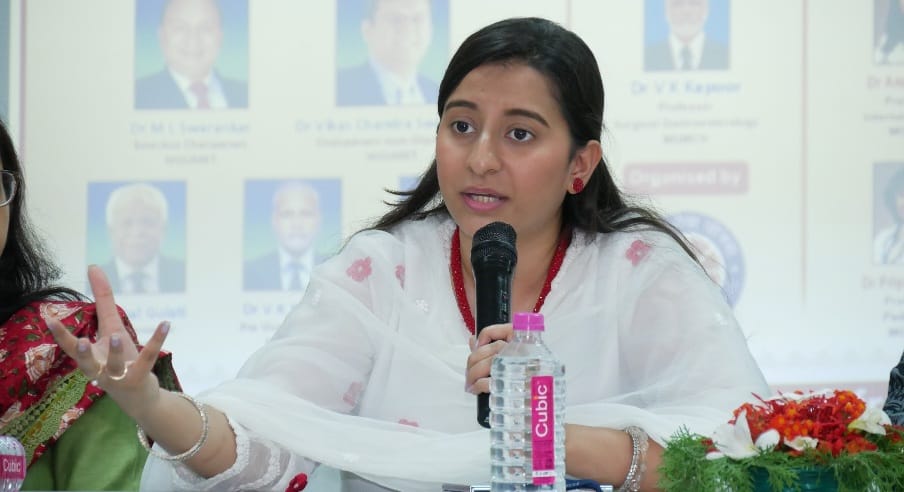Your values are a guiding light that lead you to a more meaningful, fulfilling life. Here’s how to identify your personal principles.
In recent years, mental health awareness has gained momentum in India, leading to a greater demand for professional mental health services. Among these services, psychotherapy and counseling are two primary forms of treatment that often cause confusion due to their overlapping features. This blog post aims to clarify the differences between psychotherapy and counseling in the Indian context, providing insights and examples to help individuals make informed choices for their mental health needs.
Understanding Psychotherapy and Counseling
Psychotherapy refers to a structured process aimed at treating deeper psychological issues and mental health disorders. It involves various therapeutic techniques and is often conducted by trained professionals, such as clinical psychologists or psychiatrists.
Counseling, on the other hand, is typically more short-term and focused on specific life challenges or transitions. It emphasizes practical solutions and coping strategies and is often provided by counselors, social workers, or psychologists.
Key Differences
| Aspect | Psychotherapy | Counseling |
| Duration | Long-term (weeks to years) | Short-term (few sessions to several months) |
| Focus | In-depth exploration of psychological issues | Specific problems or life challenges |
| Techniques | Various therapeutic modalities (CBT, psychodynamic) | Active listening, support, problem-solving |
| Common Issues | Severe mental health disorders (e.g., depression, anxiety) | Life transitions, stress, relationship issues |
| Practitioners | Licensed psychologists or psychiatrists | Psychologists, social workers, or trained counselors |
Examples in the Indian Context
Psychotherapy Example
Consider a young adult, Aditi, who has been struggling with severe anxiety and feelings of inadequacy for several years. After experiencing a panic attack, she decides to seek help. Aditi opts for psychotherapy with a licensed clinical psychologist who specializes in anxiety disorders.
Process:
- Initial Assessment: The psychologist conducts an in-depth assessment, exploring Aditi’s history, current symptoms, and triggers.
- Therapeutic Techniques: They use Cognitive Behavioral Therapy (CBT) to help Aditi identify and challenge negative thought patterns that contribute to her anxiety.
- Long-Term Engagement: Over several months, Aditi engages in weekly sessions, exploring underlying issues related to her childhood and self-esteem, ultimately leading to significant improvements in her mental health.
Counseling Example
On the other hand, consider Rahul, a recent college graduate who is feeling overwhelmed by the job search process and the transition into the workforce. Seeking help, he attends a few counseling sessions at a local community center.
Process:
- Focused Sessions: In these sessions, a trained counselor provides support and practical advice on job applications, interview techniques, and managing stress.
- Short-Term Engagement: Rahul attends four to five sessions over a couple of months, focusing on immediate challenges rather than exploring deeper psychological issues.
- Outcome: The counselor helps him develop a structured job search plan and coping strategies to manage anxiety during interviews, allowing Rahul to gain confidence and find a job.
In India, understanding the distinctions between psychotherapy and counseling is crucial for individuals seeking mental health support. While both modalities aim to improve mental well-being, they cater to different needs and issues.
Choosing the right approach depends on the individual’s situation: if you’re facing deep-rooted psychological issues, psychotherapy may be the better option. Conversely, if you’re dealing with specific life challenges or stressors, counseling could provide the support you need.
As mental health continues to be a priority in India, becoming informed about these differences can empower individuals to seek the appropriate help, leading to improved mental health outcomes and overall well-being.






Comments
adamgordon
It’s a great pleasure reading your post!
cmsmasters
Happy to be of service.
annabrown
Thanks for sharing this information is useful for us.
cmsmasters
Always happy to be of service.
miaqueen
This is awesome!!!
cmsmasters
Thanks.
cmsmasters
Happy to be of service.